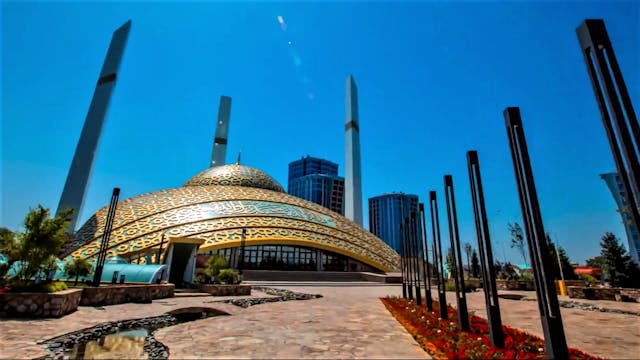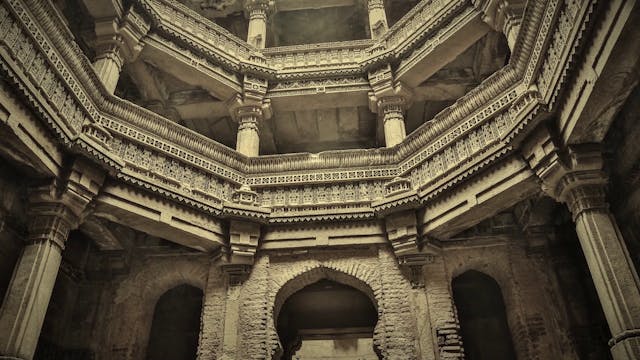Casablanca is a vibrant and bustling city located on the western coast of Morocco. It has a rich history and culture that is deeply intertwined with Islam, which has played a significant role in shaping the city and its people.
In Islamic history, Morocco and the city of Casablanca have had a prominent role in the spread of Islam in North Africa. The city was founded by Berber fishermen in the 10th century, and it became an important center of trade and commerce under the Almoravid dynasty in the 11th century.
Over time, Casablanca developed into a major hub of Islamic scholarship and learning. Many renowned Islamic scholars and theologians, including Ibn Tufayl and Ibn Rushd, were born or spent time in the city. Casablanca also has a number of important mosques and religious sites, including the Hassan II Mosque, which is one of the largest mosques in the world and a major symbol of Islamic architecture and art.
Today, Casablanca remains a vibrant and cosmopolitan city with a strong Islamic identity. Its mosques and other religious sites continue to attract pilgrims and visitors from all over the world, while its bustling streets, markets, and cafes reflect the city's dynamic blend of traditional and modern influences.
Up Next in Season 1
-
Cities of Faith | Brunei
Brunei is a small sovereign state located on the northern coast of the island of Borneo in Southeast Asia. Islam was introduced to Brunei in the 15th century, and it became a fully Islamic state in the 16th century under the rule of Sultan Bolkiah. Since then, Islam has been deeply ingrained in B...
-
Cities of Faith | Chechnya
Chechnya is a predominantly Muslim region in the North Caucasus of Russia. The history of Islam in Chechnya dates back to the 8th century, when Arab armies first brought Islam to the region. Over the centuries, Chechen society has been deeply influenced by Islamic culture, with many Chechens embr...
-
Cities of Faith | Baghdad, Iraq
Baghdad played a significant role in Islamic history. It was founded in 762 CE by the Abbasid caliph Al-Mansur as the new capital of the Islamic empire, replacing the previous capital of Damascus.
Baghdad became a center of Islamic culture, learning, and trade, attracting scholars, artists, and ...



